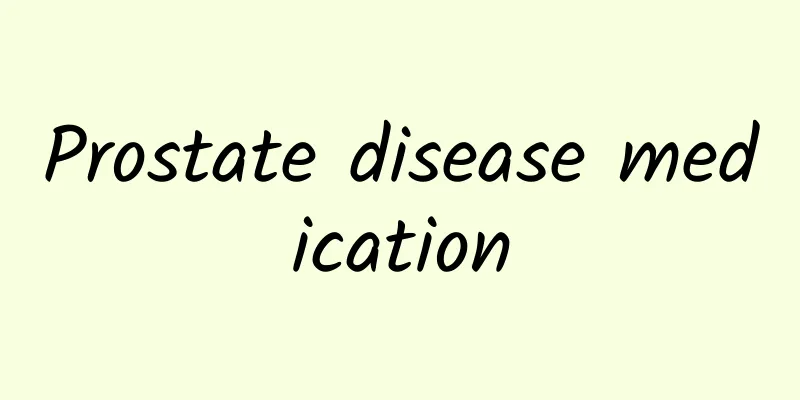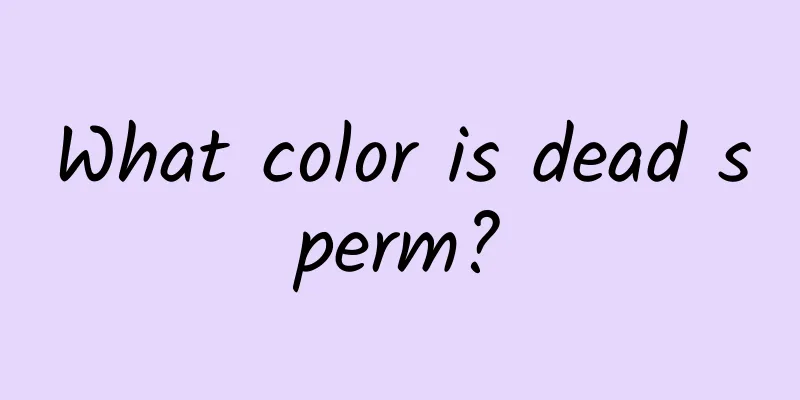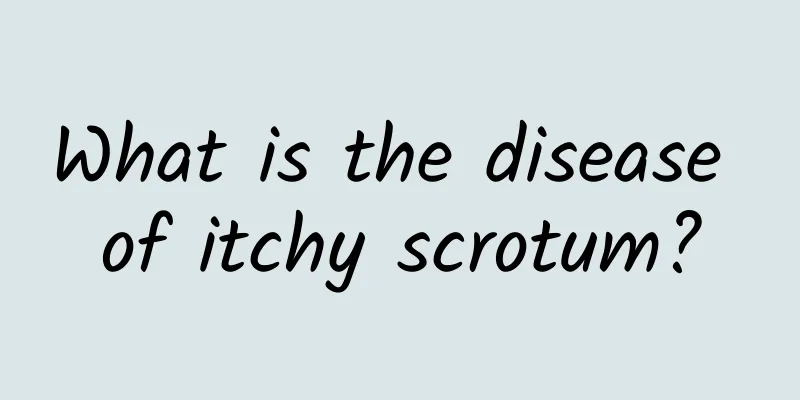Prostate disease medication

|
Among various prostate diseases, prostatitis is very common. Because of not paying attention to personal hygiene or bad sexual behavior, prostatitis can occur. Although prostate disease is not a difficult disease, it still needs timely treatment after the disease. Generally speaking, if the condition is not serious, it can be treated with drugs. So what are the drugs for prostate disease? The most commonly used drugs are antibiotics, α-receptor blockers, herbal preparations and non-steroidal anti-inflammatory analgesics. Other drugs also have varying degrees of effectiveness in relieving symptoms. (1) Antibiotics: Currently, in the clinical practice of treating prostatitis, the most commonly used first-line drug is antibiotics, but only about 5% of patients with chronic prostatitis have clear bacterial infection. Chronic bacterial prostatitis: antibiotics are selected based on bacterial culture results and the ability of the drug to penetrate the prostate. After prostatitis is confirmed, the course of antibiotic treatment is 4 to 6 weeks, during which the patient should undergo periodic efficacy evaluation. Intraprostatic injection of antibiotics is not recommended. Chronic nonbacterial prostatitis: Antibiotic treatment is mostly empirical treatment, and the theoretical basis is to speculate that certain pathogens that are negative in routine culture cause the occurrence of this type of inflammation. Therefore, it is recommended to take oral antibiotics such as fluoroquinolone for 2 to 4 weeks, and then decide whether to continue antibiotic treatment based on the feedback of the efficacy. Only when the clinical symptoms are indeed alleviated, it is recommended to continue the use of antibiotics. The recommended total course of treatment is 4 to 6 weeks. (2) α-receptor blockers α-receptor blockers can relax the smooth muscles of the prostate and bladder and improve lower urinary tract symptoms and pain, thus becoming a basic drug for the treatment of type II/type III prostatitis. Different α-receptor blockers can be selected according to the patient's condition. The recommended α-receptor blockers are: doxazosin, naftopidil, tamsulosin and terazosin. The results of controlled studies show that the above drugs have different degrees of improvement on patients' urination symptoms, pain and quality of life index. (3) Plant preparations Plant preparations are increasingly valued for their therapeutic effects on type II and type III prostatitis and are recommended as therapeutic drugs. Plant preparations mainly refer to pollen preparations and plant extracts, which have a wide range of pharmacological effects, such as non-specific anti-inflammatory, anti-edema, and promoting bladder detrusor contraction and urethral smooth muscle relaxation. Recommended plant preparations include: Pusitai, Sabah palm and its extracts. Due to the large number of varieties, the usage and dosage must be determined according to the patient's specific condition, and the course of treatment is usually in months. Adverse reactions are relatively small. (4) Nonsteroidal anti-inflammatory drugs Nonsteroidal anti-inflammatory drugs are empirical medications for the treatment of symptoms associated with type III prostatitis. Their main purpose is to relieve pain and discomfort. (5) M-receptor blockers: For patients with prostatitis who have symptoms such as urgency, frequency and nocturia but no urinary tract obstruction, M-receptor blockers (such as tolterodine) can be used for treatment. (6) Antidepressants and anti-anxiety drugs For patients with chronic prostatitis who also have mood disorders such as depression and anxiety, antidepressants and anti-anxiety drugs can be used while treating prostatitis. These drugs can not only improve the patient's mood disorder symptoms, but also relieve physical symptoms such as abnormal urination and pain. When using these drugs, you must pay attention to the prescription regulations and adverse reactions of these drugs. The antidepressants and anti-anxiety drugs that can be selected mainly include selective serotonin reuptake inhibitors, tricyclic antidepressants and other drugs. (7) Traditional Chinese Medicine and Chinese Herbal Medicine is recommended to treat prostatitis with traditional Chinese medicine and Chinese herbal medicine in accordance with the relevant standards of the Chinese Society of Traditional Chinese Medicine or the Chinese Society of Integrated Traditional Chinese and Western Medicine. |
<<: What medicine should I take for premature ejaculation due to sensitive glans?
>>: Common male genital diseases
Recommend
Circumcision hematoma
In modern society, people are becoming more and m...
Men no longer have to worry about dying early after eating this
According to statistics, 4 out of the top 10 caus...
What is the normal color of male sperm?
The change of sperm color is an immediate and imp...
What to do if your thyroid gland is high? How to treat high thyroid gland
Hyperthyroidism is an abnormal condition of the t...
There is a little red spot on the glans
The red spots on the glans may be caused by glani...
After ejaculation, sperm contains crystal particles
When men ejaculate, some men will notice that the...
Inventory of symptoms of cardiovascular and cerebrovascular diseases Treatment requires maintaining a good attitude
Cardiovascular disease does not refer to a single...
What should men do if they have poor sex life?
Whether a man's sexual function is healthy of...
How to increase the libido of middle-aged men
A harmonious sex life is of great significance to...
Why does my scrotum always sag?
Many men will find that they have the problem of ...
What are testicles?
The testicles grow inside the male scrotum, one o...
What should I eat if I ejaculate too often?
After getting married, men will have more frequen...
What to do if your eyebrows turn white? Home remedies for treating gray eyebrows
In the novel "The Heaven Sword and Dragon Sa...
What diseases can you get from excessive masturbation?
Appropriate masturbation can solve the problem. I...
What can't you eat after circumcision?
In life, there are always some men who are born w...









